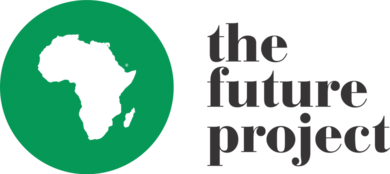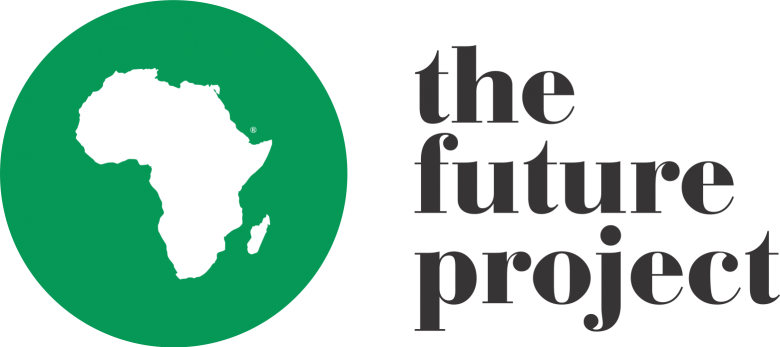How Youth Development Programmes in Nigeria Are Tackling Unemployment
According to the United Nations’ 2020 statistics, 19 percent of the Nigerian population are between the ages 15 to 24 years, and about 62 percent are below age 25. With a youthful population of over 70 percent and over 34.9 percent of them being unemployed, it is evident that the government cannot solve the problem of unemployment alone. The private sector, non-profits and NGOs represent one of the most promising solutions to this challenge through youth empowerment programmes.
In Nigeria, Youth development programmes are one of the most viable means of creating a better future. They are often facilitated by the government, non-governmental organisations (NGOs), private organisations as part of their Corporate Social Responsibility (CSR) initiatives, and individuals. The underlying goal for setting up these programmes is to equip vulnerable youth with the knowledge and skills for personal development, build their capacity, increase their access to opportunities and ultimately, benefit society.
In many parts of the world, these programmes address varying yet equally essential dimensions, including community, economic, social, cultural, organisational and psychological. However, youth empowerment programmes in Nigeria usually take on the economic aspect to teach entrepreneurial skills that will translate to employment and financial independence for youth and an increase in the country’s GDP.
One organisation involved in creating programmes like these is The Future Project, which has the mandate to build empowered citizens across Nigeria and Africa through inclusive enterprise and active citizenship. This mandate has been delivered through a diverse range of empowerment programmes that touch young people’s lives across different parts of the country. From The Future Enterprise Support Scheme (TFESS) to The Future Awards Africa that recognises and celebrates young achievers across industries, the initiative is invested in solving some of Africa’s most significant challenges through youth empowerment.
Another initiative that seeks to empower youth entrepreneurs through youth empowerment programmes in Nigeria is the Tony Elumelu Foundation, whose objective is “to empower women and men across Nigeria and Africa, catalysing economic growth, driving poverty eradication and ensuring job creation”. The foundation has empowered more than 9,000 young entrepreneurs in 54 African countries since it was launched in 2015.
One more youth development programme in Nigeria that has made a mark in the country’s young populace’s lives is N-Power. This was set up in 2016 by President Muhammadu Buhari’s administration “to address the issues of youth unemployment and increase social development”. It seeks to help unemployed graduates and non-graduates to acquire relevant skills that will aid them in gaining meaningful employment.
While NGOs, private organisations and individuals have contributed their quota to solving unemployment issues and have reaped some benefits, they do not have the capacity to alleviate it completely. So, it is still crucial for the Nigerian government, at all levels, to invest heavily in improving the education sector and equipping young people with marketable skills.












